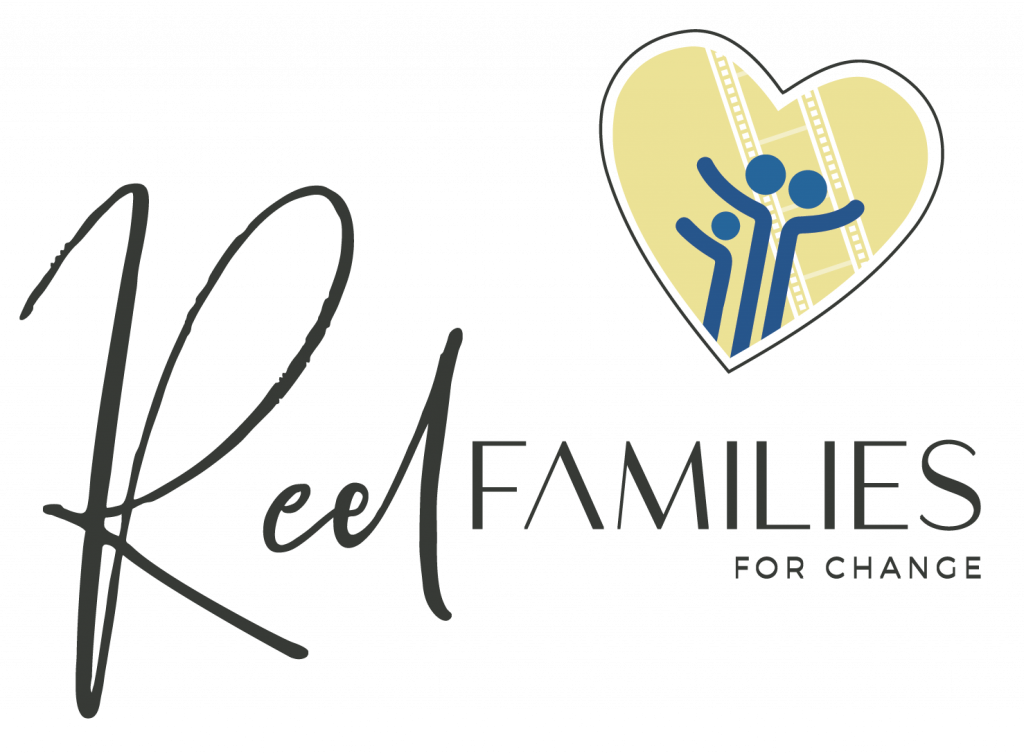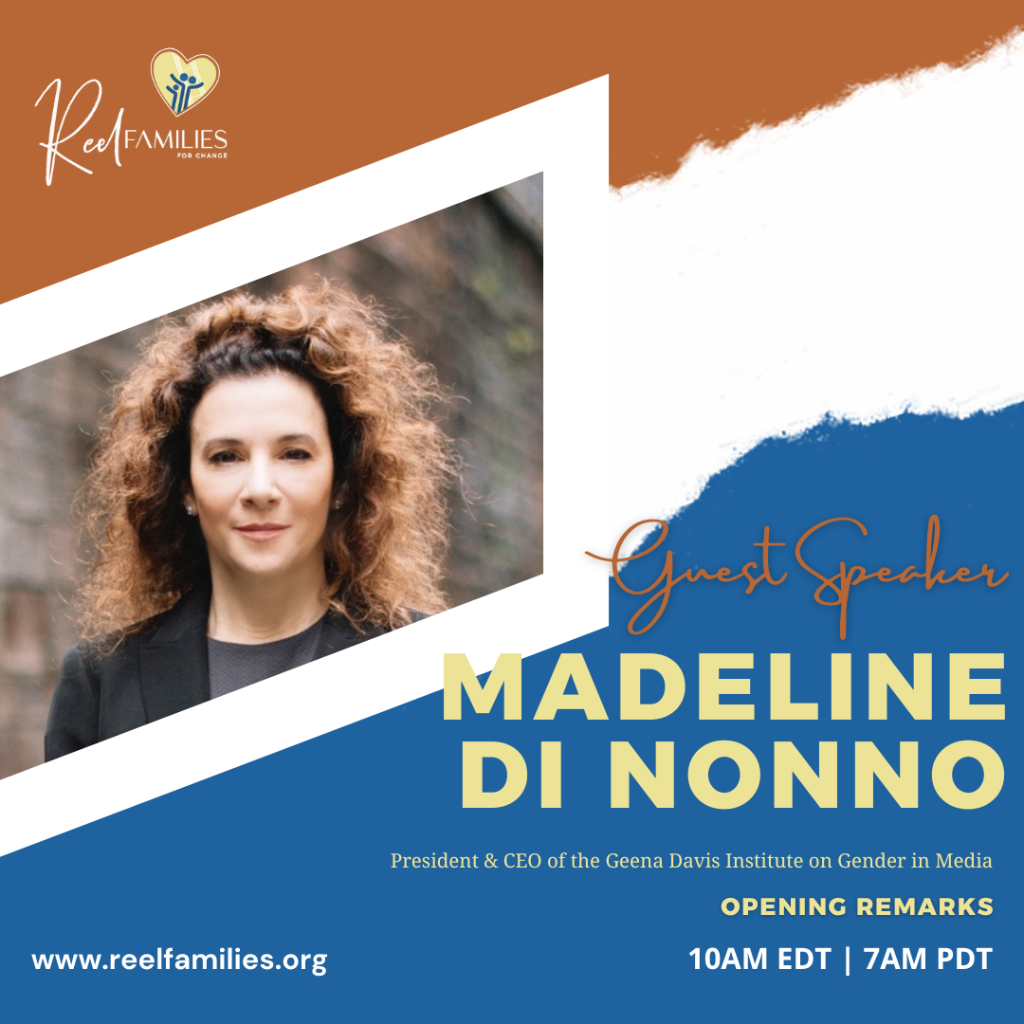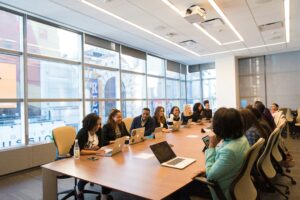We are thrilled to have partnered with the Geena Davis Institute on Gender in Media (GDI)
for our first-ever international “Work-Life Sustainability Summit”.
GDI, whose motto is, “If she can see it then she can be it,” spoke with us about the
process of becoming and how RFC’s practical solutions can help
close gender equity gaps in media as more women seek to enter the field.
On the road to becoming
THE REEL FAMILIES WORK-LIFE SUSTAINABILITY SUMMIT
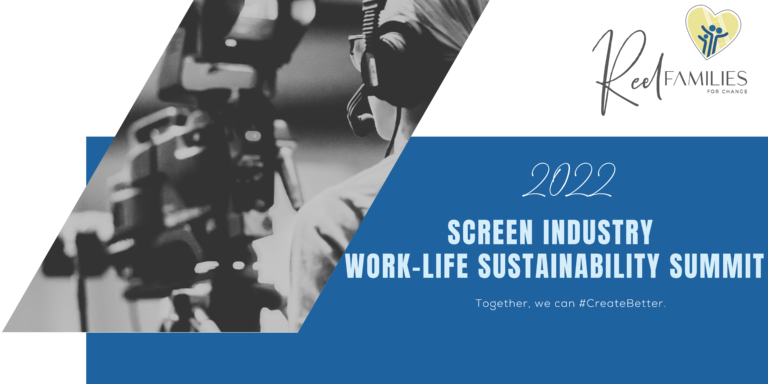
Written by Akima A. Brown
The film industry has operated as a non-stop machine, expecting screen-workers to function as consistent, robotic parts rather than human beings with complex lives. This ceaseless work structure is not sustainable, and it produces burnout that drives many people away from the work that they love. At Reel Families for Change (RFC), we explore ways to prevent burnout, inequity, exclusion, and loss of passionate creators to the system that does not function for them or their families.
With asynchronous work models, child-friendly events, agile workdays, seasonal sabbaticals, and fully remote team meetings, we hold the belief that life-friendly practices should be the norm. The goal of The Work-Life Sustainability Summit is to share the success of employment models like this, spread awareness of other employers that are practicing them, and how to find and create a sustainable career doing passion-driven work.
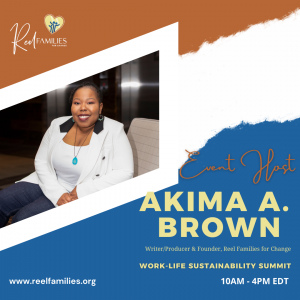
RFC, in partnership with the Parent Artist Advocacy League (PAAL) Artist Leadership Incubator and the Geena Davis Institute on Gender in Media, launched The Work-Life Sustainability Summit to bring together the foremost thought-leaders in the film industry to offer inspiration and interventions that can be shared and emulated on-ground.
With roughly twenty speakers dialing in from around the world, this Summit will be a full immersive experience; exploring everything from industry case studies to practical takeaways for balancing filmmaking with family time. The event will feature two days of panel discussions, classes, and workshops with those who are breaking ground in finding new ways to work both on-set and off. RFC and PAAL are dedicated to fostering community support environments for caregivers of all genders, races, ethnicities, ages, and abilities.
This summit is driven by the organization’s need to acknowledge intersectional identities and generate comprehensive solutions required for those who are multi-marginalized. This enriching and educational experience is specifically designed for screen-industry professionals. Findings from RFC’s U.S. Screen Industry Sustainability Survey is the driving force for the uniquely tailored sessions to acknowledge and alleviate the most poignant stressors created by the film industry.
Digital resources will be provided at each individual session for further engagement beyond the summit so that participants will leave with both knowledge and applicable tools to put action into words. We aim to create new, sustainable, representative norms to better the film industry for everyone involved — from creators to consumers.
RECAP (Updated June 23, 2022)
Opening Remarks
Madeline DiNonno, President and CEO of the Geena Davis Institute on Gender and Media, Zoomed into a fireside chat-style conversation between events at the Bentonville Film Festival. She shared insights from one of the Institute’s latest studies examining diversity in television writers’ rooms, as well as initiatives currently underway to minimize bias in the story development phase in order to ensure better representation on-screen.
Session 1 – Becoming Legitimate
The chat immediately flowed into the first panel, where speakers representing all form of screen crafts shared their lived experiences and offered correlative statistics. Audience members were encouraged to learn their rights as workers, define their wages, and familiarize themselves with generative language so they could spot when employers aren’t thinking around these things and they should steer clear.

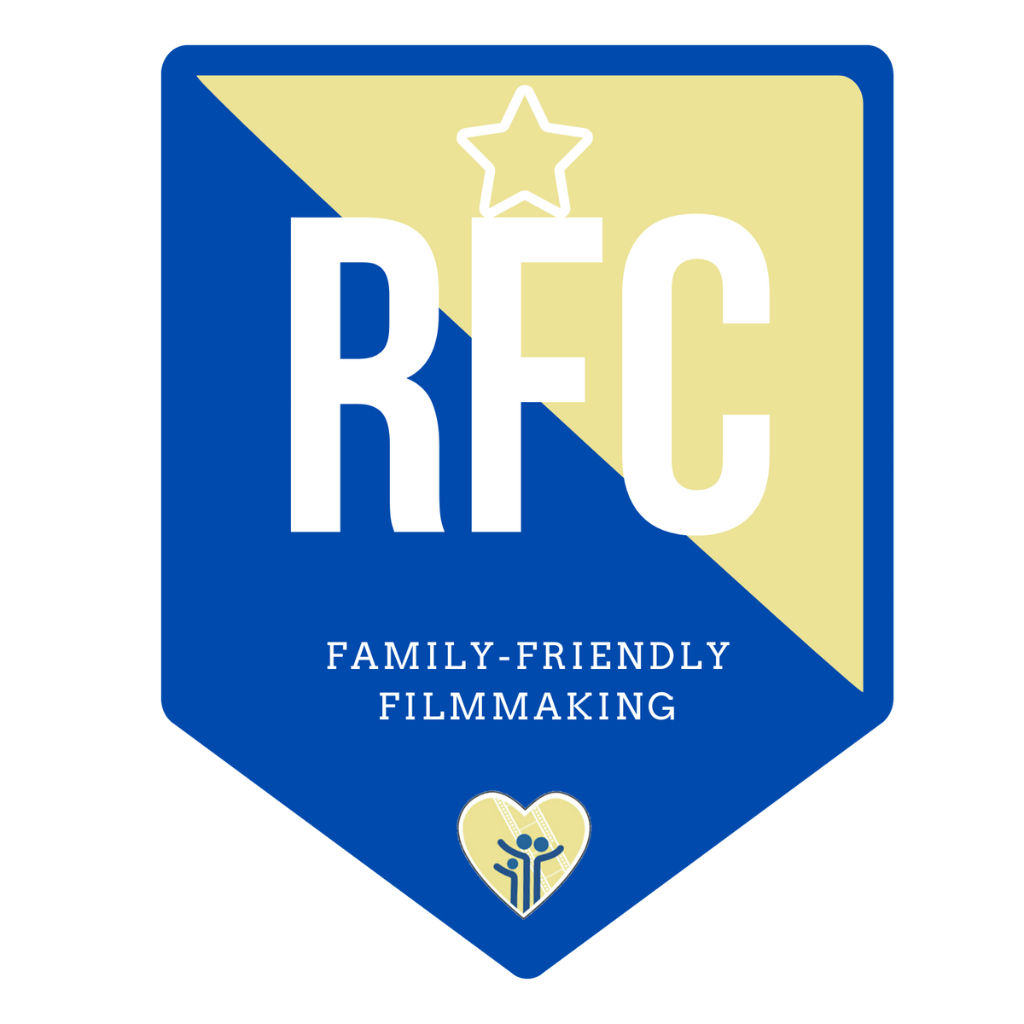
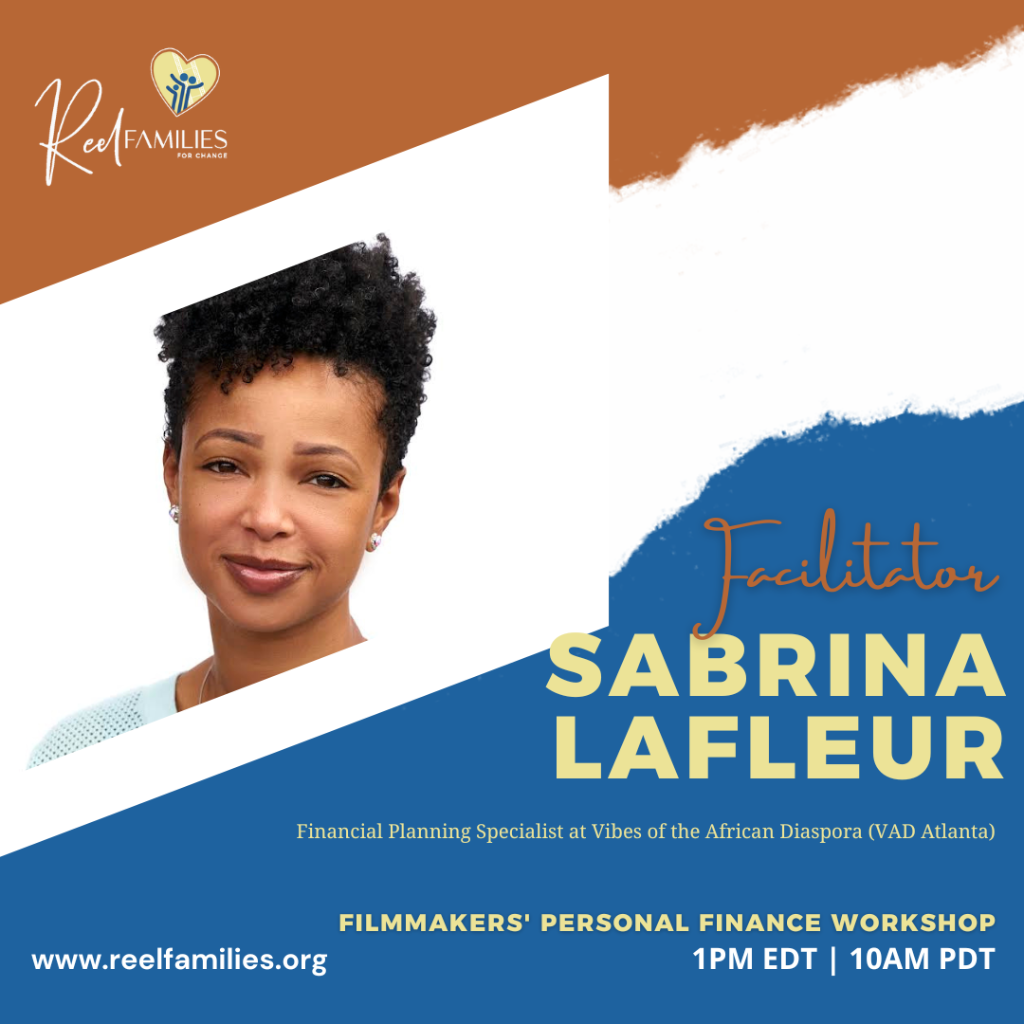
Session 2 – Becoming Generative
Right on cue, the next crew of panelists discussed compassionate leadership and harm-reductive practices that everyone can take on set. The fan favorite was most likely the recommendation to have production assistants take Polaroids of cast and crew, then post the photos with names, titles, and pronouns by crafty. This ingenious hack removes the shame, blame, and guilt of discovering your colleagues. Likewise, there were suggestions for how to avert crises and who to find in case one does occur.
Session 3 – Becoming a Fiscally Sovereign Filmmaker
Taking a slight deviation from the panel format, this session featured an interactive workshop with facilitator Sabrina LaFleur. The artist-turned wealth planner-returned creative shared tips and tools for generating wealth no matter what you make. She urged attendees to take a “life-centered’ approach to finance and negotiate using their “intrinsic value”, not only looking at the worth of their work but also the impact their presence has on others as a member of a team.
Session 4 – Becoming Safe On-Set
A candid, courageous, and very vulnerable conversation regarding the need for communication, consent, trust, and transparency across departments. Everything from how lack of physical boundaries and rushing through takes could break someone’s back to a call for intimacy coordinators to be brought on as early as development, this discussion explored what it could look like if decision-makers acknowledged the correlation between emotional and psychological well-being and physical safety, and how much better we’d fare as an industry.
Overall, attendees were encourage to share, imagine, and build alongside presenters. They were empowered to reclaim their agency, own their path, and find a community with likeminded individuals — like RFC — where they could leverage their shared experiences, create and distribute resources, and join forces en masse to affect change.
